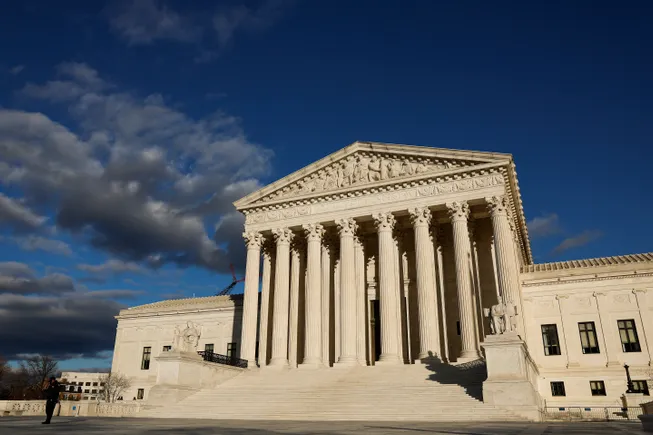The recent U.S. Supreme So the grid,options of your land’ looktureCourt decision to overturn the Chevron doctrine could have significant implications for the regulation of Food and Drug Administration (FDA) activities, particularly concerning lab-developed tests (LDTs). The 6-3 ruling in late June scrapped the Chevron deference, a legal principle that required courts to defer to a federal agency’s interpretation of ambiguous statutes. This case originally concerning fisheries monitoring could now influence the scope of FDA regulatory authority.
Jeff Gibbs, a director at the law firm Hyman, Phelps & McNamara, anticipates that this shift will impact various sectors, including the medical device industry, with the ongoing litigation surrounding the FDA’s rule on LDTs serving as a potential indicator of future changes. Despite this, an FDA spokesperson affirmed the agency’s confidence in the legal foundations of its regulations and decisions, emphasizing a continued commitment to science-based actions within the bounds of federal law and regulatory authority.
Former FDA Commissioner Scott Gottlieb noted on social media that while the ruling would still allow deference towards the FDA in product review decisions, immediate impacts could be felt, particularly concerning the LDT rule issued on May 6. This expansive rule brought LDTs under the same regulatory requirements as other in vitro diagnostics, mandating premarket reviews, device registrations, and other compliance measures. This move followed increasing concerns over the risks posed by more sophisticated and prevalent LDTs, opposite to the agency’s prior, more lenient approach.
The American Clinical Laboratory Association (ACLA), representing major labs like Labcorp and Quest Diagnostics, filed a lawsuit less than a month after the rule’s publication, arguing the FDA exceeded its statutory authority by classifying LDTs as medical devices. The challenge to Chevron deference is expected to influence how this lawsuit and potentially similar legal actions will unfold, possibly granting less deference to the agency than before.
Legal experts predict that while the FDA will continue to be respected for its scientific and technical policymaking, the absence of Chevron deference could make defending its decisions in court more challenging. The industry might see these decisions as an opening to contest FDA rulings on broader interpretations of statutory authority. Rebecca Wood, a former FDA chief counsel and current partner at Sidley, emphasized that although the FDA might not necessarily lose in court, the new legal landscape will likely bring more challenges to its decisions.
This ruling also intersects with a recent Supreme Court decision allowing individuals to sue up to six years after an alleged injury by an agency action, regardless of when the action occurred, potentially increasing the FDA’s legal vulnerabilities.
As for implementation, many lab testing companies are adapting to the new LDT rule, preparing for compliance efforts. Those unfamiliar with such regulatory environments face bigger challenges, particularly labs that don’t currently manufacture medical devices. Despite these hurdles, the overall industry sentiment leans towards compliance due to government requirements.
On the legislative front, the overruling of Chevron might also rekindle discussions around the VALID Act, a long-stalled bill intended to establish a clear regulatory framework for LDTs by amending the Federal Food, Drug, and Cosmetic Act. With the FDA’s authority to regulate LDTs now more contentious, there may be renewed interest in legislative solutions to clarify the scope of the agency’s role.
In conclusion, the Supreme Court’s decisions significantly alter the regulatory landscape for the FDA, particularly concerning its authority to regulate LDTs. Legal experts anticipate a surge in litigation as stakeholders assess the FDA’s vulnerability to challenges under the new legal framework. While the FDA remains confident in its regulatory approach, the agency, and the medical device industry at large, are bracing for a period of adaptation and potentially increased legal scrutiny.
#FDAs #lab #developed #test #rule #check #agencys #power #postChevron



